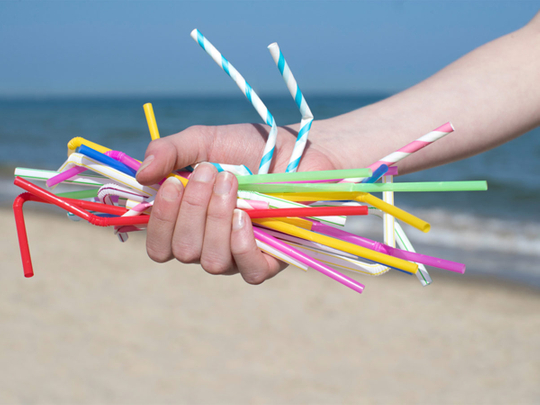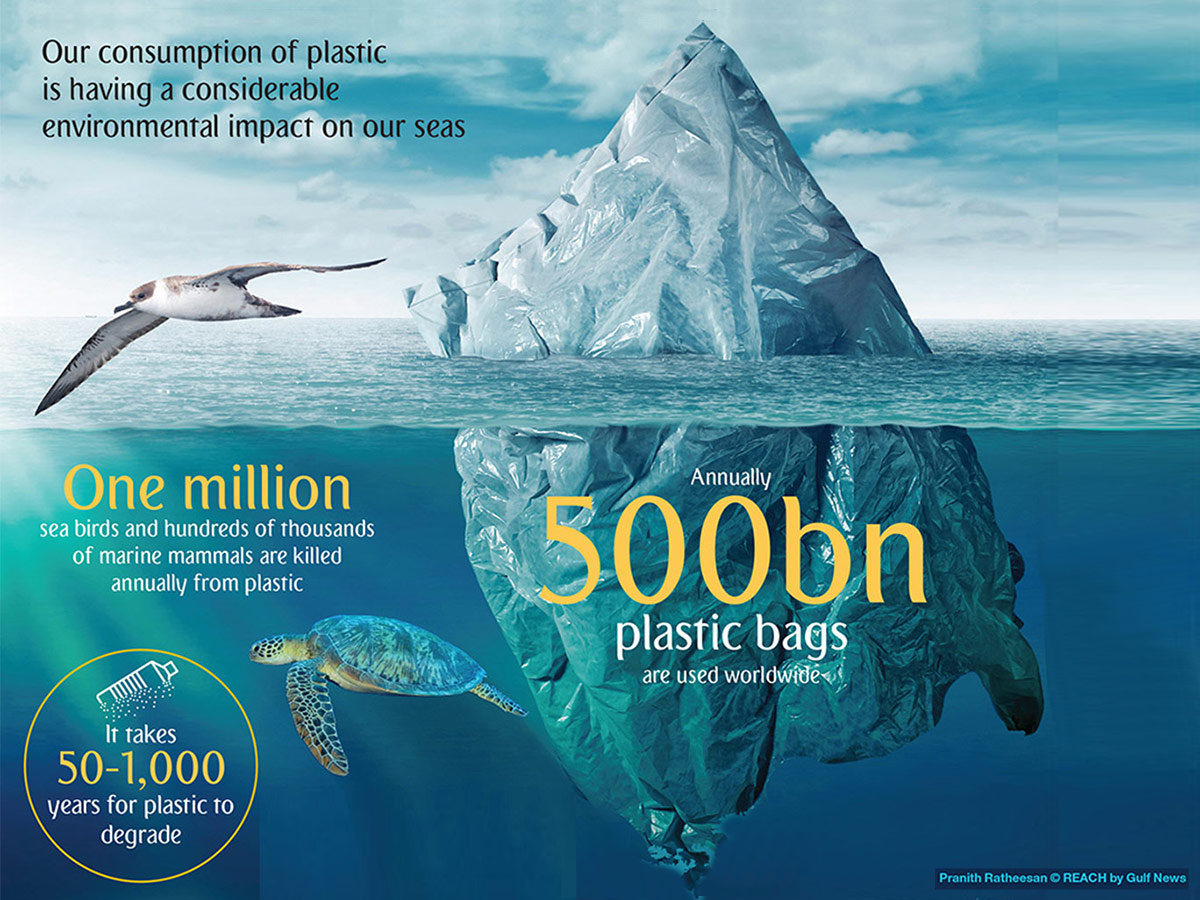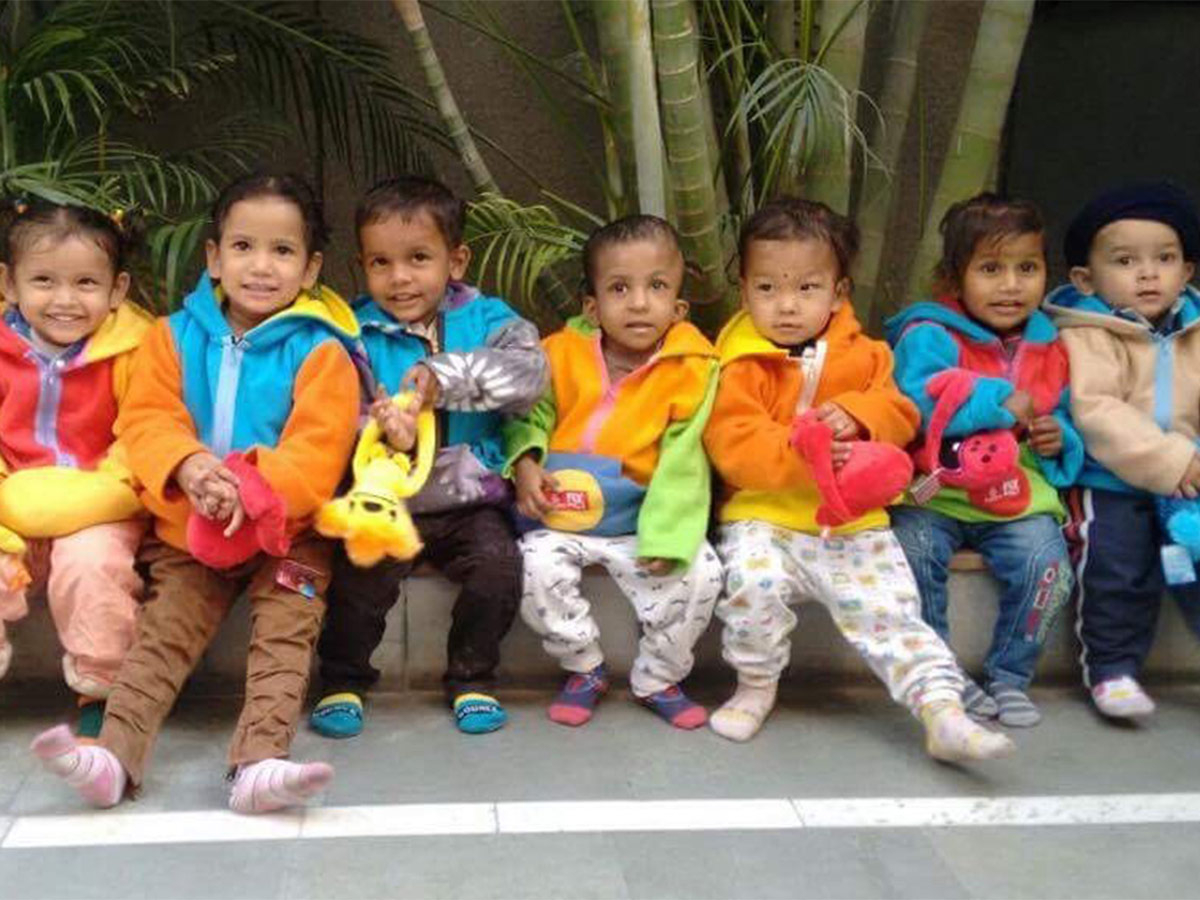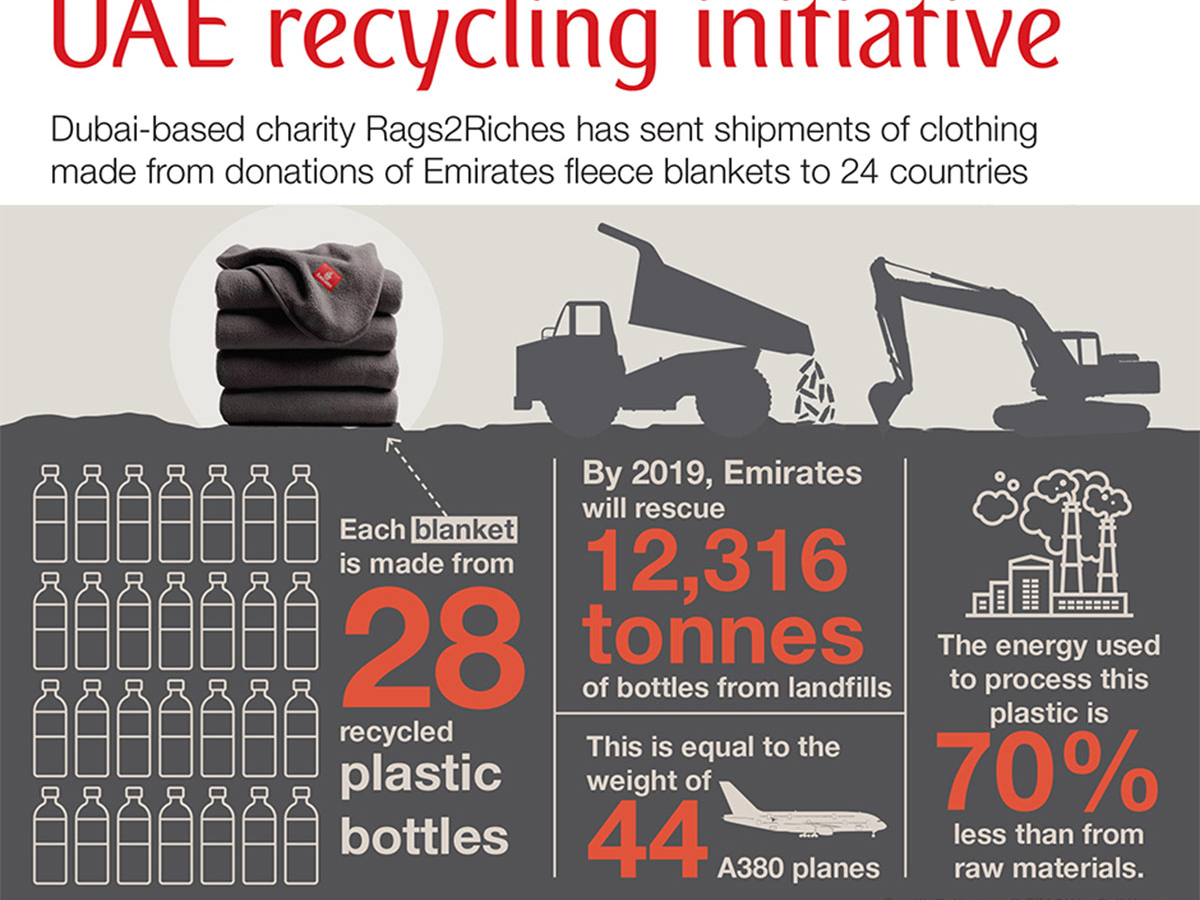
In 2017, Sir David Attenborough’s Blue Planet II documentary was released, highlighting the devastating effects of plastic waste on marine creatures. The reaction by global audiences was strong and swift. One BBC study found that 62 per cent of those who watched the series wanted to make changes to their daily lives to reduce the impact on our oceans. Sir David described the reaction as “absolutely astonishing”.
Businesses quickly felt the force of this consumer reaction. A groundswell of consumers were now refusing excess plastic packaging, bringing their own reusable bags to the supermarket and not wanting to take plastic drinking straws. Food and beverage outlets had to scramble to keep pace with their ‘plastic straw moment’.

Avani Middle East launched two types of bio-straws on the local market in October 2017 so they were well-positioned to ride the crest of that wave.
According to regional director, Peter Avram, in less than a year Avani has signed up more than 70 clients who are replacing single-use plastic waste with their eco-friendly products.
“Our campaign has received a lot of support in the UAE. Consumers no longer want to be associated with brands that have no sustainable approach towards the environment,” says Avram.
Reduce, reuse, recycle
Another innovative approach to plastic-waste has been adopted by Emirates as part of its efforts to procure onboard items made from recyclable materials that ultimately reduce waste.
Each fleece blanket that is offered to passengers on certain flights in Economy Class is now manufactured entirely from 28 recycled plastic bottles. The energy used to process this plastic is 70 per cent less than from raw materials.

Rags 2 Riches uses Emirates' blankets to make clothes for children in need
They estimate that by the end of 2019, they will have prevented 88 million bottles from entering landfill — equivalent to the weight of 44 Airbus A380 aircraft.
Emirates children’s blankets have also been used to support a Dubai-based charity Rags 2 Riches. Founded by retired sewing enthusiast Barbara Evans in 2012, the charity uses good quality recycled fabric to make new clothes for children in need around the world.
At first, when people started donating the brightly coloured child-sized blankets, she didn’t know how to use them, then she designed the perfect hooded fleecy jumper and donations of blankets from Dubai families started flooding in.
"Emirates gave us 3,500 of their blankets, that was 2-3 years ago. A whole wagon turned up with them. The amount of clothes that we made from that and sent over to the kids was amazing. Then last year they gave us another thousand, so they just keep coming," says Evans.

Clothing children
Rags 2 Riches has shared clothing with children in 24 countries around the world, delivered by volunteers who are able to take the jumpers with them when travelling.
"We've had a lot of Cabin Crew who have actually taken garments overseas for us, and pilots as well,” says Evans, “I think we sent about 350 hoodies to Nepal through the Mountain Trust last year and they handed them out to the children in the mountains there."
The speed at which consumer awareness can change is a sign of the times, and businesses must be across it if they want to stay ahead of the game.
“In today’s social media savvy world, it has become easier to garner awareness and rally like-minded people towards an idea that seeks to improve the health of our oceans and marine life,” says Avram.
Businesses can look find practical tips in the Green Business Toolkit 2018 published by the UAE Ministry of Climate Change and the Environment for ideas on how to bring business practices in line with the UAE’s Green Agenda 2030.




